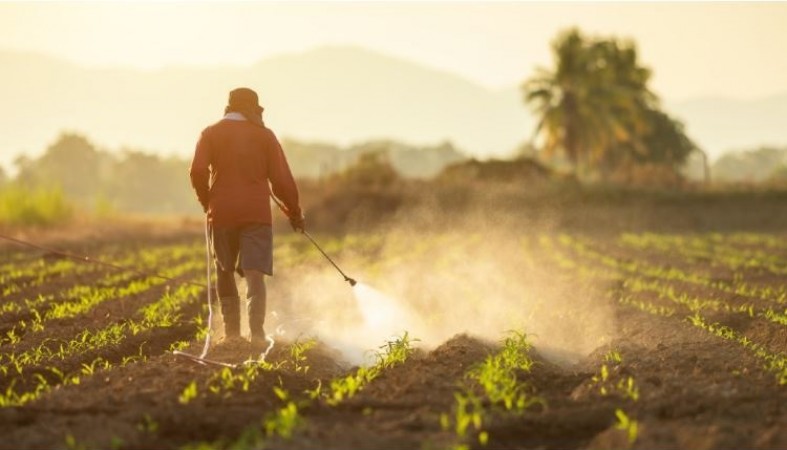
Climate change could significantly reduce labor productivity in India and Pakistan by up to 40% by the year 2100, posing a threat to global food production, warns a recent study. The research, published in the journal Global Change Biology, indicates that regions in Southeast and South Asia, West and Central Africa, and northern South America may experience a decline in physical work capacity to 70%.
Lead author of the study, Gerald Nelson, a professor at the University of Illinois, emphasized that climate change not only impacts crop yields but also affects the labor force involved in planting, tilling, and harvesting. Exposure to excessive heat diminishes the ability of agricultural workers to perform effectively in the field.
To arrive at these conclusions, computational models were employed to predict physical work capacity (PWC) under various climate change scenarios. Developed by Loughborough University, UK, these models relied on data from over 700 heat stress trials, which involved observing people working in diverse temperature and humidity conditions, considering factors like sunshine and wind.
The benchmark for the study was the maximum work capacity achievable by individuals in a cool climate, representing 100% physical work capacity. Reductions in capacity mean individuals are limited in their physical abilities, potentially requiring more workers to accomplish tasks or, in the absence of additional labor, reducing crop sizes.
The study highlights the current impact of heat on agricultural workers, with approximately half of the world's cropland farmers estimated to be working below 86% capacity in recent past climate conditions (1991–2010).
In considering potential adaptations to mitigate the impact on agricultural workers, the researchers suggested two options. First, shifting to nighttime or shaded work to minimize direct solar radiation could lead to a 5–10% improvement in worker productivity. Second, increasing the global use of mechanical machinery and equipment, especially in Sub-Saharan Africa, where agricultural practices heavily rely on strenuous physical labor, may offer a solution.
WEF Leaders Evaluate the Global Economy's Shift Towards Normalization Amidst Ongoing Uncertainties
Hardeep Puri Asserts India's Potential to Achieve $5 Trillion Before 2028